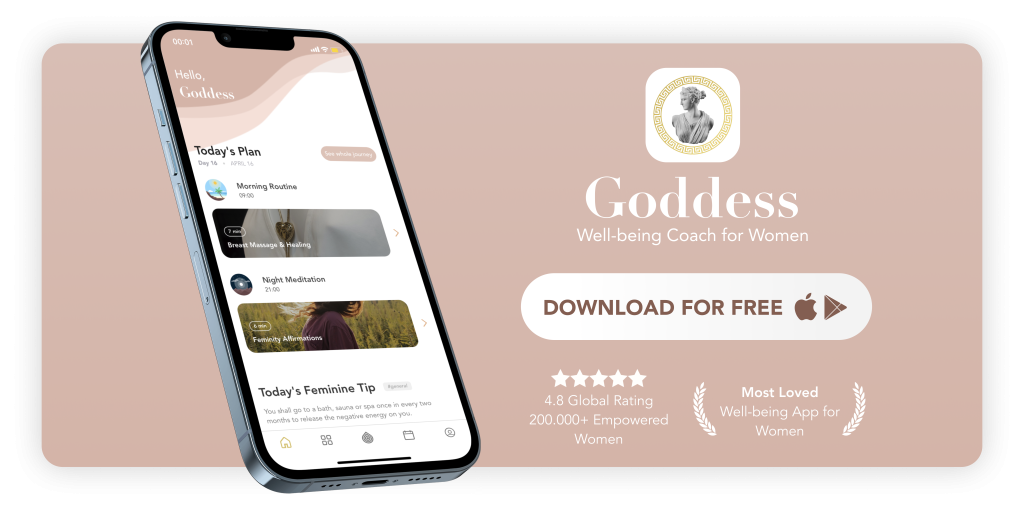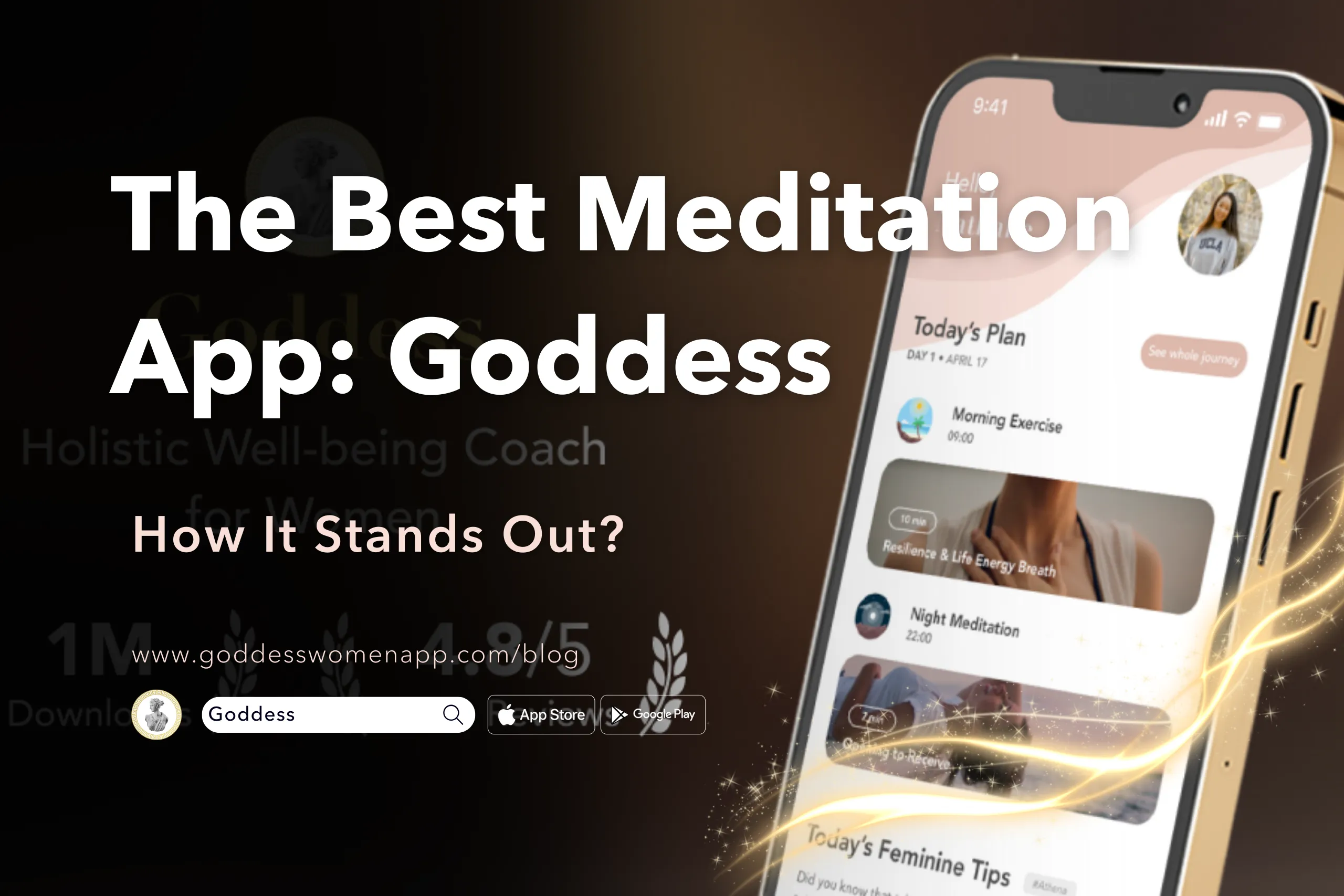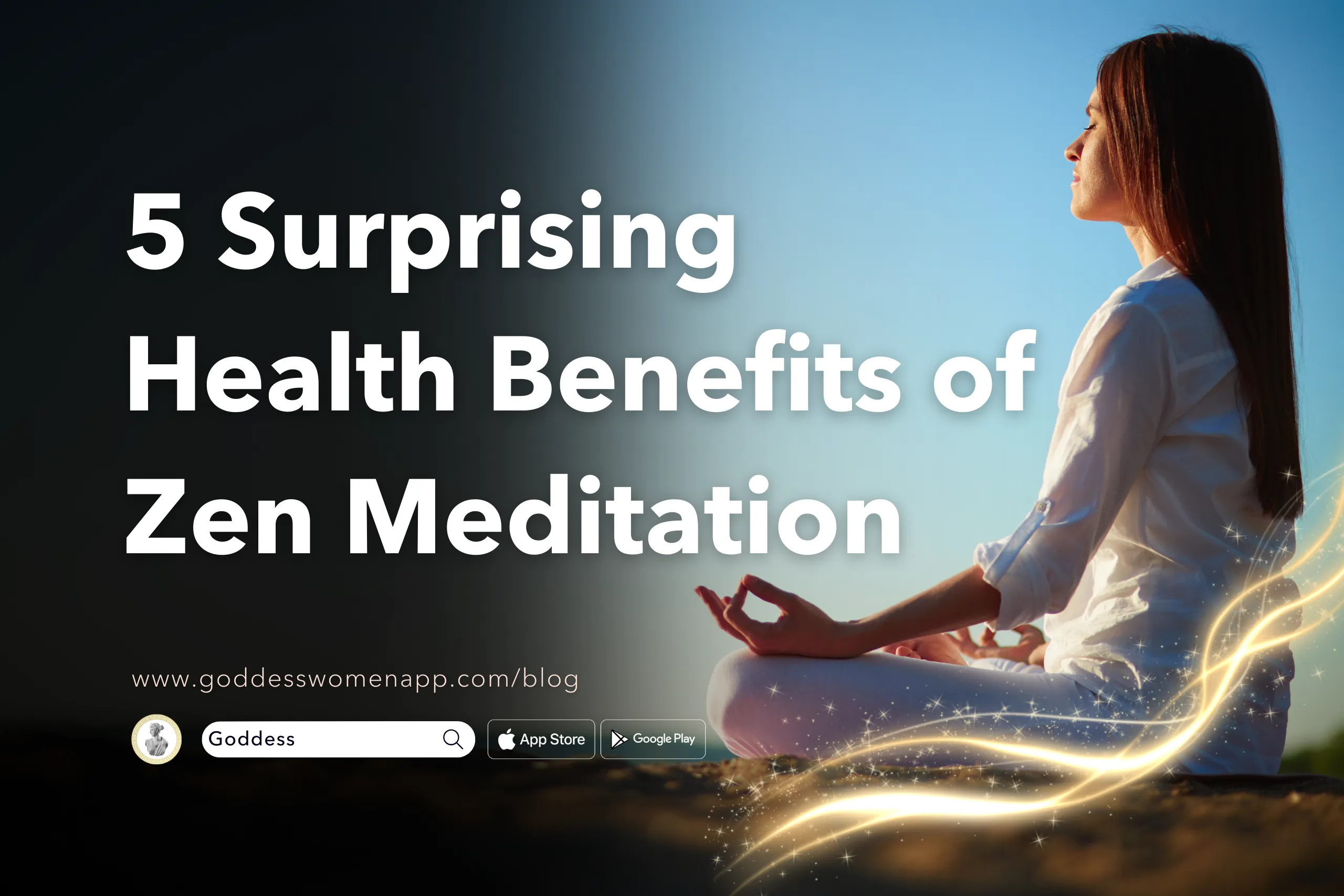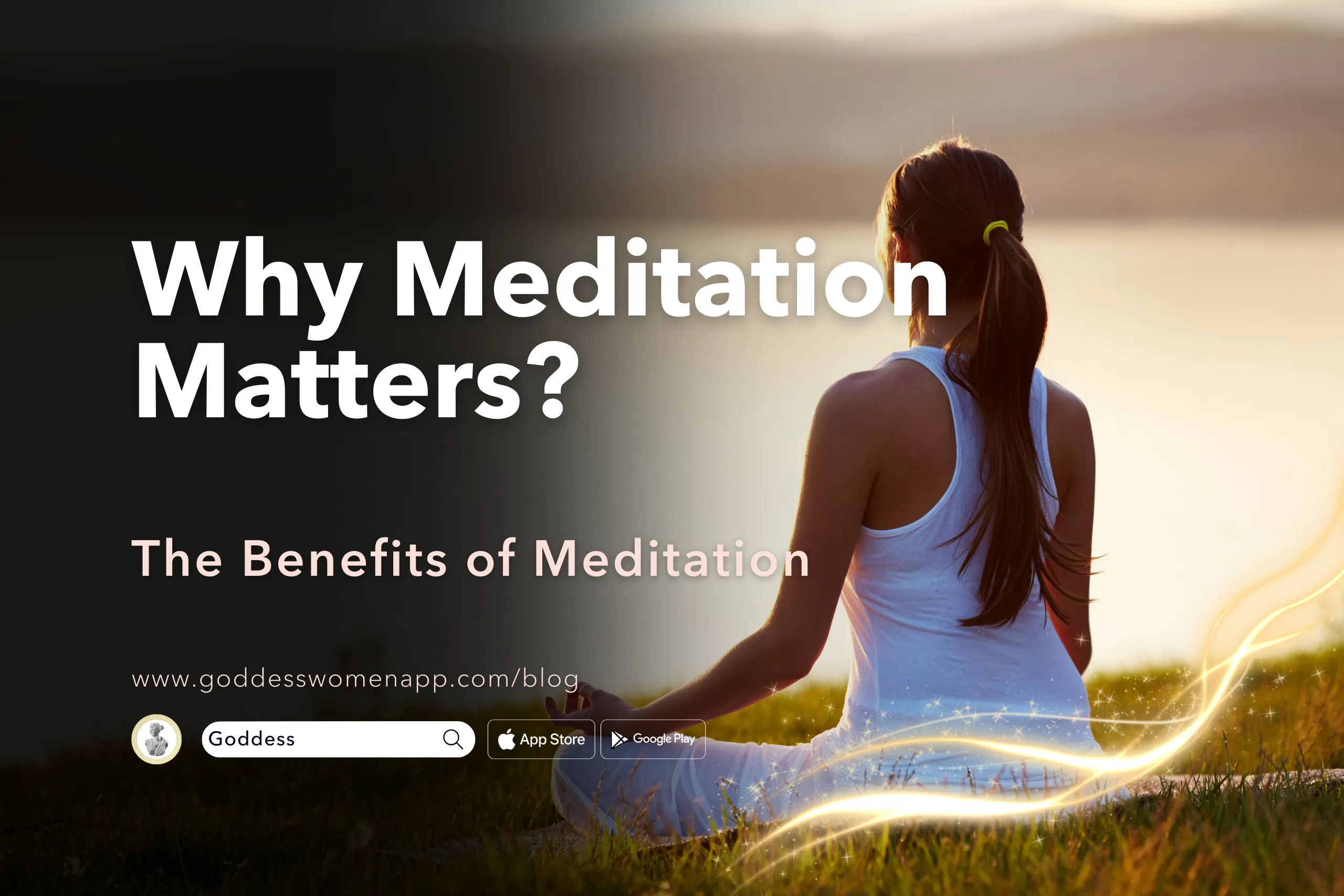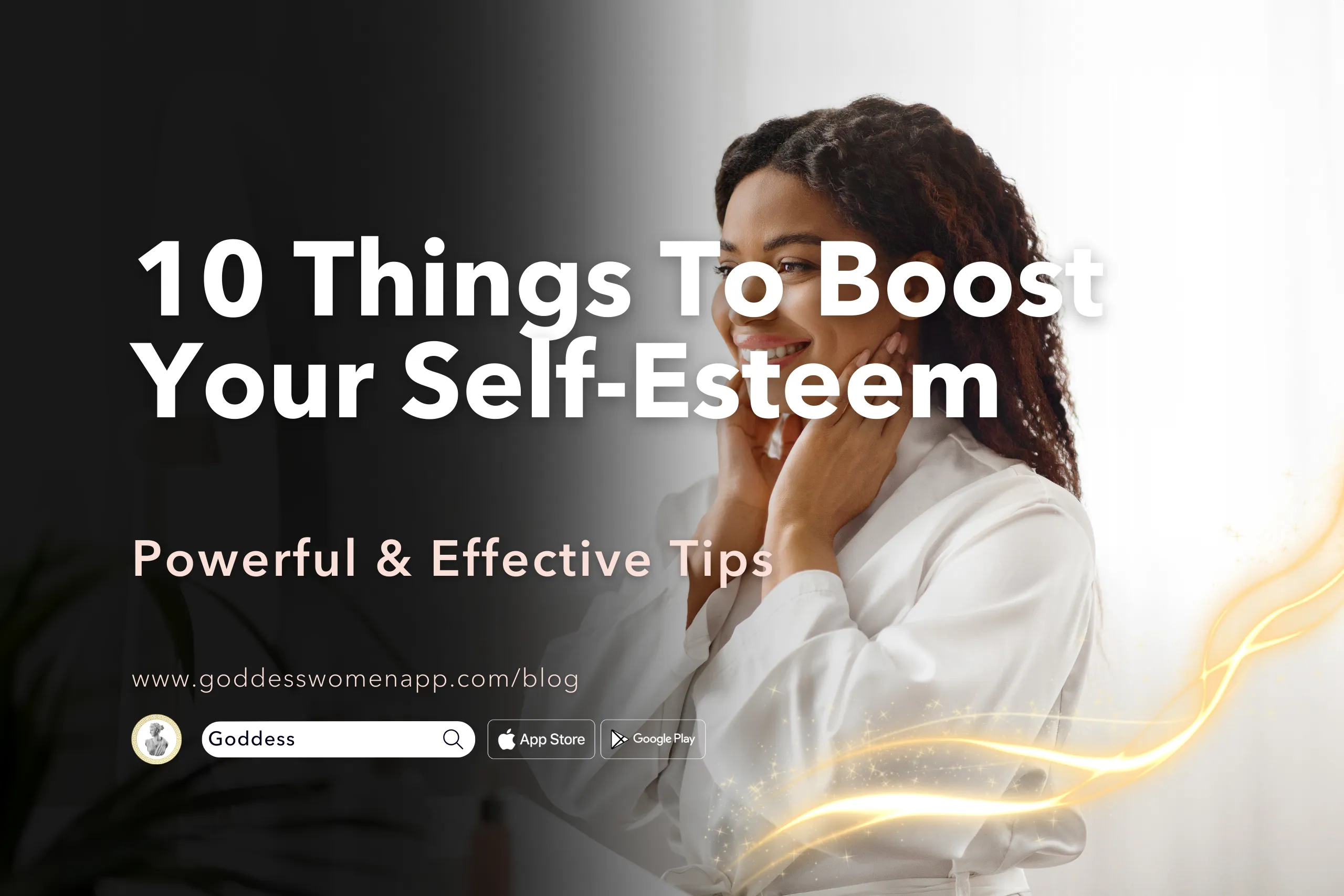Table of Contents
Introduction
In the aftermath of a breakup, the echoes of “how to love yourself after a breakup” can resonate like a haunting melody in the corridors of your heart. It’s a time when the foundation of your emotional well-being seems to crumble, leaving you navigating through the debris of memories and what-ifs. Yet, amidst the turmoil, lies a profound opportunity for self-discovery and growth. Embracing the journey of self-love is not just about moving on; it’s about emerging from the shadows, stronger and more in tune with the essence of who you are.
Breakups, as heart-wrenching as they can be, serve as pivotal moments that compel us to reflect on our values, desires, and the very core of our emotional needs. It’s a period that beckons us to turn inward, to kindle the flame of self-love that may have flickered and waned in the whirlwind of a relationship. “How to love yourself after a breakup” isn’t just a query; it’s a path paved with introspection, acceptance, and the gradual realization that your worth isn’t tethered to another’s presence in your life.
The key to navigating this path lies in understanding that healing is not a linear process. It weaves through moments of pain and relief, of longing and liberation. However, the essence of loving yourself post-breakup encapsulates the courage to face your vulnerabilities and the determination to cultivate a nurturing relationship with yourself. It’s about recognizing that while the scars may remind you of what you’ve lost, they also outline the strength and resilience you’ve gained.

In the ensuing sections, we’ll explore a comprehensive guide on “how to love yourself after a breakup,” delving into practical steps that aim to rekindle your self-worth, reignite your passions, and ultimately, lead you towards a horizon of self-empowerment and emotional independence. From acknowledging your feelings to setting personal goals, each step is a building block towards reconstructing a life where self-love is the cornerstone of your existence.
Read: How to Get Out of Survival Mode
As we embark on this journey together, remember, the quest for self-love after a breakup is not just about healing from the past; it’s about laying the foundation for a future where you’re the architect of your happiness. It’s a journey that promises not just recovery, but a renaissance of the soul, where every step taken is a testament to your resilience and an ode to the unwavering spirit of self-love. Let’s take the first step towards turning the page, with the knowledge that in the book of your life, the chapters ahead hold the promise of love, growth, and the beauty of self-discovery.
Step 1: Acknowledge Your Feelings for How to Love Yourself After a Breakup
Embarking on the journey of “how to love yourself after a breakup” begins with a step that many find deceptively simple, yet profoundly challenging—acknowledging your feelings. In the immediate aftermath of a breakup, a tempest of emotions can engulf you, ranging from sorrow and anger to relief and even guilt. It’s a tumultuous sea where every wave seems to carry a different sentiment, and navigating through it requires courage and honesty.
Acknowledging your feelings is akin to standing in the eye of the storm and recognizing the chaos around you without trying to escape it. It’s about giving yourself permission to feel, to mourn the loss of the relationship, and to accept that it’s okay not to be okay. This step is crucial because it lays the groundwork for healing. By confronting your emotions head-on, you begin to understand their origins and implications, paving the way for genuine self-reflection and growth.
Embrace the Full Spectrum of Your Emotions: How to Love Yourself After a Breakup
One of the first strategies in this endeavor is to embrace the full spectrum of your emotions, without judgment. Whether you’re feeling devastated, liberated, or a complex mix of emotions, understand that each feeling is a valid response to your situation. Journaling can be an invaluable tool in this process. Writing down your thoughts and emotions can help you process and make sense of them. It serves as both a release and a record, allowing you to track your emotional journey and recognize patterns or triggers that you may need to address.
Seek Support When Needed: How to Love Yourself After a Breakup
Another key aspect of acknowledging your feelings is recognizing when you need support. This might mean turning to close friends or family members who can offer a listening ear and emotional comfort. Sometimes, the most healing conversations are those where you feel heard and validated in your experiences. For some, professional help in the form of therapy or counseling can provide a structured and compassionate space to work through emotions. Therapists can offer strategies to manage grief, build resilience, and foster a positive self-image.
The Power of Acceptance
Finally, at the heart of acknowledging your feelings is the power of acceptance. Acceptance does not mean resignation or giving up hope for a happier future. Rather, it signifies an understanding that your emotions are part of a natural grieving process. Accepting your feelings as they are helps to diminish the power they hold over you, making it easier to move forward. It’s about recognizing that while you cannot control what has happened, you have the agency to choose how you respond and heal.
As you navigate through this first step of acknowledging your feelings, remember that it’s a foundational aspect of learning “how to love yourself after a breakup.” It’s a phase that teaches you about your emotional resilience, your capacity for self-compassion, and the inherent strength you possess to face adversity. By embracing your emotions with honesty and courage, you set the stage for a journey of healing that is as transformative as it is liberating.

Step 2: Reconnect With Your Interests and Passions, How to Love Yourself After a Breakup
After you’ve started to acknowledge and work through your feelings, the next pivotal step in learning “how to love yourself after a breakup” is to reconnect with your interests and passions. This phase is about rediscovering what brings you joy and fulfillment outside of a relationship context. It’s a process of rekindling the flames of your passions that may have dimmed or been neglected while you were focused on your relationship. This step is not just about distraction; it’s about re-establishing your identity and reinforcing your self-worth through engagement in activities that resonate with your true self.
Explore Old and New Interests: How to Love Yourself After a Breakup
Begin by making a list of interests and hobbies you enjoyed before your relationship, as well as new ones you’ve been curious about but haven’t had the chance to explore. This could range from creative pursuits like painting, writing, or playing an instrument, to physical activities such as hiking, yoga, or dance classes. The key is to focus on activities that you do purely for yourself, that make you feel alive and connected to your essence. Engaging in these activities can provide a sense of accomplishment and independence, reminding you of your capabilities and strengths.
Set Aside Time for Your Passions: How to Love Yourself After a Breakup
With the list in hand, commit to setting aside time each week to indulge in these interests. It’s important to schedule this time for yourself, as it’s easy to let self-care and personal passions fall by the wayside during the healing process. Treat this time as non-negotiable, a vital appointment with yourself to nurture your well-being and happiness. As you immerse yourself in these activities, you’ll likely find that they not only offer a reprieve from emotional pain but also gradually fill the void left by the breakup with something positive and fulfilling.
The Role of Creativity and Physical Activity
Creativity plays a crucial role in healing, serving as an outlet for expressing emotions that might be hard to articulate verbally. Whether it’s through art, music, writing, or any other form of creative expression, allowing yourself to create can be incredibly therapeutic. It can help process feelings, provide distractions, and even lead to new insights about yourself and your journey.
Physical activity, on the other hand, can boost your mood and self-esteem through the release of endorphins, often referred to as the body’s natural mood elevators. Exercise can also serve as a powerful metaphor for personal strength and endurance, reminding you of your resilience and ability to overcome challenges.
Cultivate a Learning Mindset: How to Love Yourself After a Breakup
Approach this step with a mindset open to learning and exploration. Every new hobby or interest pursued is an opportunity to learn something new about the world and yourself. It’s a chance to grow, to expand your horizons, and to meet new people who share your interests. This process of exploration and learning can significantly contribute to your sense of self-worth and independence, reinforcing the idea that your happiness and fulfillment come from within.
As you reconnect with your interests and passions, you’ll find that they not only enrich your life but also play a critical role in defining who you are beyond a relationship. This step is about building a life where you are the source of your joy and fulfillment—a crucial aspect of loving yourself after a breakup.

Step 3: Practice Self-Care and Compassion: How to Love Yourself After a Breakup
The journey of “how to love yourself after a breakup” brings us to a crucial milestone: the practice of self-care and compassion. This step is about nurturing your well-being, physically, emotionally, and mentally, and treating yourself with the kindness and understanding you would offer a dear friend. In the aftermath of a breakup, it’s easy to fall into a cycle of self-criticism or neglect. However, embracing self-care and compassion is a powerful affirmation of your worth and a testament to your resilience.
Embrace Holistic Self-Care
Self-care goes beyond the occasional indulgence; it’s about integrating practices into your daily life that support your overall well-being. This can include maintaining a balanced diet, ensuring you get enough sleep, staying physically active, and engaging in activities that relax and rejuvenate you. It’s also about setting boundaries to protect your energy and peace of mind. Whether it’s saying no to social obligations when you need time alone or limiting exposure to situations that trigger negative emotions, honoring your needs is a form of self-respect and care.
Cultivate Self-Compassion
Self-compassion involves treating yourself with the same kindness, concern, and support you would show to a good friend facing a difficult time. It’s about acknowledging your suffering, recognizing that struggle is part of the human experience, and being gentle with yourself. Practicing self-compassion can start with changing your internal dialogue. Replace critical or negative thoughts with affirmations that validate your feelings and encourage resilience. Remind yourself that healing takes time, and it’s okay to be a work in progress.
Mindfulness and Emotional Resilience
Mindfulness can be a valuable tool in practicing self-care and compassion. Techniques like meditation, deep breathing, or yoga can help you stay present and reduce feelings of anxiety or depression. These practices encourage a state of awareness and acceptance, allowing you to observe your thoughts and feelings without judgment. By becoming more attuned to the present moment, you can break the cycle of rumination and negative thought patterns that often accompany the healing process from a breakup.
Seek Joy and Gratitude
Incorporate activities into your life that bring you joy and foster a sense of gratitude. This could involve spending time in nature, pursuing creative hobbies, or simply enjoying moments of laughter with friends. Focusing on the aspects of your life that you’re grateful for can shift your perspective from what you’ve lost to what you still have. Gratitude not only enhances your mood but also contributes to a broader sense of well-being and contentment.
Prioritize Your Mental Health
If you’re struggling to cope with the emotional aftermath of a breakup, consider seeking professional support. Therapy can provide a safe space to explore your feelings, gain insights into your behavior patterns, and develop strategies for self-care and emotional healing. Remember, seeking help is a sign of strength and an important step in taking care of your mental health.
As you practice self-care and compassion, you’ll find that these acts of kindness towards yourself build a foundation of love and respect. This step is about affirming your worth, healing from within, and moving forward with a sense of inner peace and resilience. It’s a crucial part of the process of learning “how to love yourself after a breakup,” setting the stage for a future where you are your own greatest ally and source of comfort.

Step 4: Set Personal Goals and Celebrate Achievements
As you continue navigating through “how to love yourself after a breakup,” setting personal goals becomes an empowering step towards rebuilding your sense of self and direction. Goals give you something to strive for, breaking the post-breakup recovery process into manageable, forward-moving steps. They help shift your focus from the past to the future, encouraging growth and self-improvement. Celebrating your achievements, no matter how small, reinforces your self-worth and motivates you to keep pushing forward.
Define Clear, Achievable Goals: How to Love Yourself After a Breakup
Start by identifying areas of your life you wish to improve or change. These could be related to your career, education, personal health, hobbies, or social connections. Setting clear, achievable goals not only provides you with a sense of purpose but also helps to restore the confidence that may have been shaken by the breakup. Ensure your goals are specific, measurable, attainable, relevant, and time-bound (SMART). This approach increases the likelihood of success, as you have a clear roadmap to follow and can easily track your progress.
Small Steps Lead to Big Changes: How to Love Yourself After a Breakup
Remember, the goal is progress, not perfection. Break down your larger goals into smaller, actionable steps. This could mean setting weekly or monthly objectives that gradually lead you towards your bigger aim. For instance, if you’re looking to improve your physical health, start with goals like incorporating a 30-minute walk into your daily routine or trying a new healthy recipe each week. These small steps are easier to achieve and build momentum, making the overall goal less daunting.
Embrace New Learning Opportunities
Part of setting personal goals involves embracing new learning opportunities. Whether it’s taking a class to develop a skill, reading books on topics that interest you, or attending workshops and seminars, each new learning experience contributes to your personal growth. It broadens your perspective, enriches your life, and can even open new doors and pathways you hadn’t considered before.
Celebrate Your Achievements: How to Love Yourself After a Breakup
Celebrating your achievements is crucial in reinforcing your sense of self-worth and accomplishment. Acknowledge every step you take towards your goals, no matter how small it may seem. Celebrating these milestones can involve treating yourself to something you enjoy, sharing your successes with friends or family, or simply taking a moment to reflect on how far you’ve come. These celebrations remind you of your capabilities and resilience, boosting your confidence and motivation to pursue further goals.
Reflect and Adjust: How to Love Yourself After a Breakup
As you work towards your goals, regularly reflect on your progress. This reflection is not about judging yourself harshly for any setbacks but rather assessing what’s working and what’s not. Life is unpredictable, and flexibility is key to overcoming obstacles. Don’t hesitate to adjust your goals if your circumstances or priorities change. The aim is personal growth and happiness, not sticking rigidly to a plan that no longer serves you.
Setting personal goals and celebrating achievements post-breakup is about taking control of your life and future. It’s a testament to your strength and ability to move forward, shaping a life that reflects your values, desires, and newfound understanding of self-love. Through this process, “how to love yourself after a breakup” transforms from a question into a vibrant journey of self-discovery, resilience, and empowerment.

Step 5: Cultivate a Supportive Network
The final step in mastering “how to love yourself after a breakup” involves cultivating a supportive network. Human connection plays a crucial role in our emotional wellbeing, especially during times of transition and healing. While the journey of self-love is deeply personal, having a circle of supportive friends, family members, or even professional counselors can provide the strength and perspective needed to navigate through challenging times.
Reconnect with Friends and Family: How to Love Yourself After a Breakup
In the wake of a breakup, you may find solace and strength in reconnecting with friends and family. These relationships can offer a sense of stability and belonging that is essential during periods of change. Reach out to loved ones who understand your need for support, empathy, and sometimes, distraction. Surrounding yourself with people who genuinely care for your wellbeing can help you feel less isolated and remind you of your value beyond a romantic relationship.
Expand Your Social Circle: How to Love Yourself After a Breakup
While leaning on existing relationships is vital, expanding your social circle can also contribute significantly to your healing process. Engaging in new activities, joining clubs, or attending social events related to your interests can introduce you to people who share your passions. These new connections not only offer fresh perspectives but also opportunities to redefine yourself independent of your past relationship. Remember, every interaction is a chance to learn more about yourself and the qualities you value in others.
Seek Support Groups or Therapy
For some, the support of friends and family might not be enough to fully navigate the complexities of post-breakup emotions. Seeking out support groups or therapy can provide a structured environment to explore your feelings, understand your needs, and develop strategies for self-love and healing. Support groups offer a sense of community with others who are undergoing similar experiences, allowing for shared understanding and encouragement. Therapy, on the other hand, offers a personalized approach to addressing the emotional fallout of a breakup, helping you to unpack your thoughts and feelings in a safe, non-judgmental space.
The Importance of Reciprocity
As you cultivate your supportive network, remember the importance of reciprocity. Supportive relationships thrive on mutual respect and giving. Be there for your friends and family as they are for you, offering your own empathy, understanding, and assistance when needed. This reciprocity not only strengthens your relationships but also reinforces your sense of self-worth and the knowledge that you have valuable support to offer others.
Embrace Vulnerability
Finally, cultivating a supportive network requires embracing vulnerability. Opening up about your feelings, fears, and hopes can be daunting, especially after a breakup when you may feel particularly exposed. However, vulnerability is the key to forming deep, meaningful connections. It allows others to see your authentic self and offers them the opportunity to support you genuinely. Remember, vulnerability is a strength, not a weakness, and it plays a critical role in healing and building relationships based on trust and empathy.
As you navigate “how to love yourself after a breakup,” remember that cultivating a supportive network is not about replacing the lost relationship but about enriching your life with diverse, fulfilling connections. These relationships provide comfort, joy, and a sense of belonging, reinforcing the idea that you are loved and valued. Through the collective strength of your support network, you’ll find the encouragement and affirmation needed to continue on your journey of self-love and discovery, emerging more resilient and self-assured than ever before.
